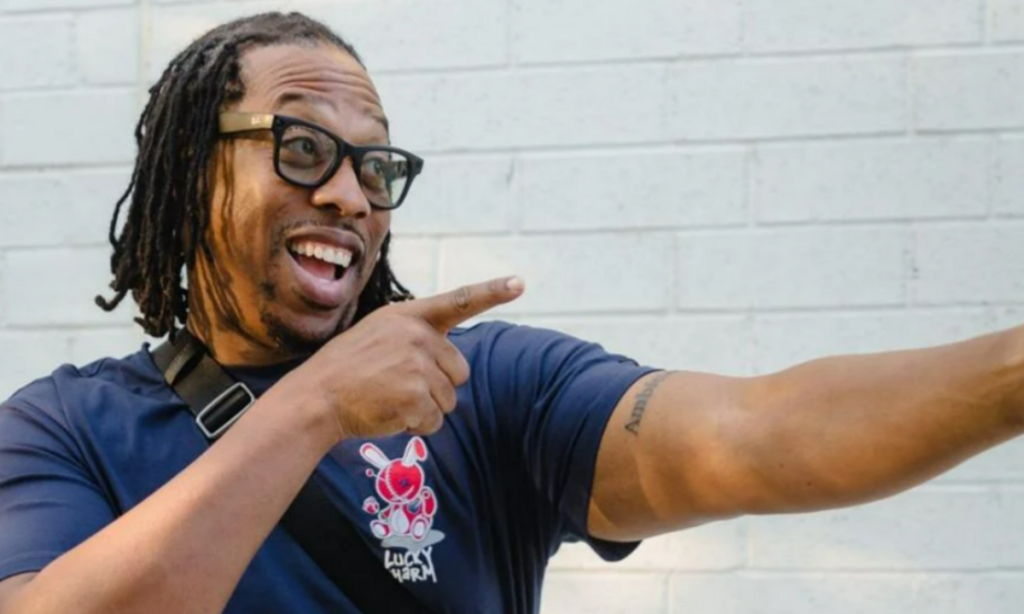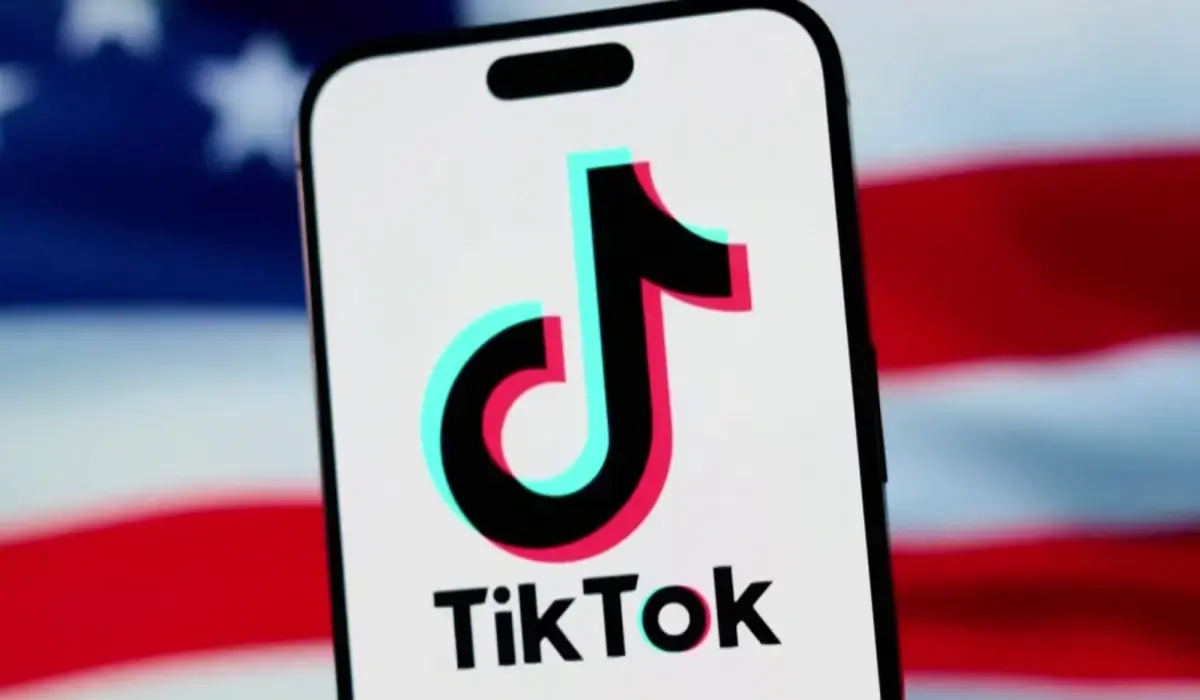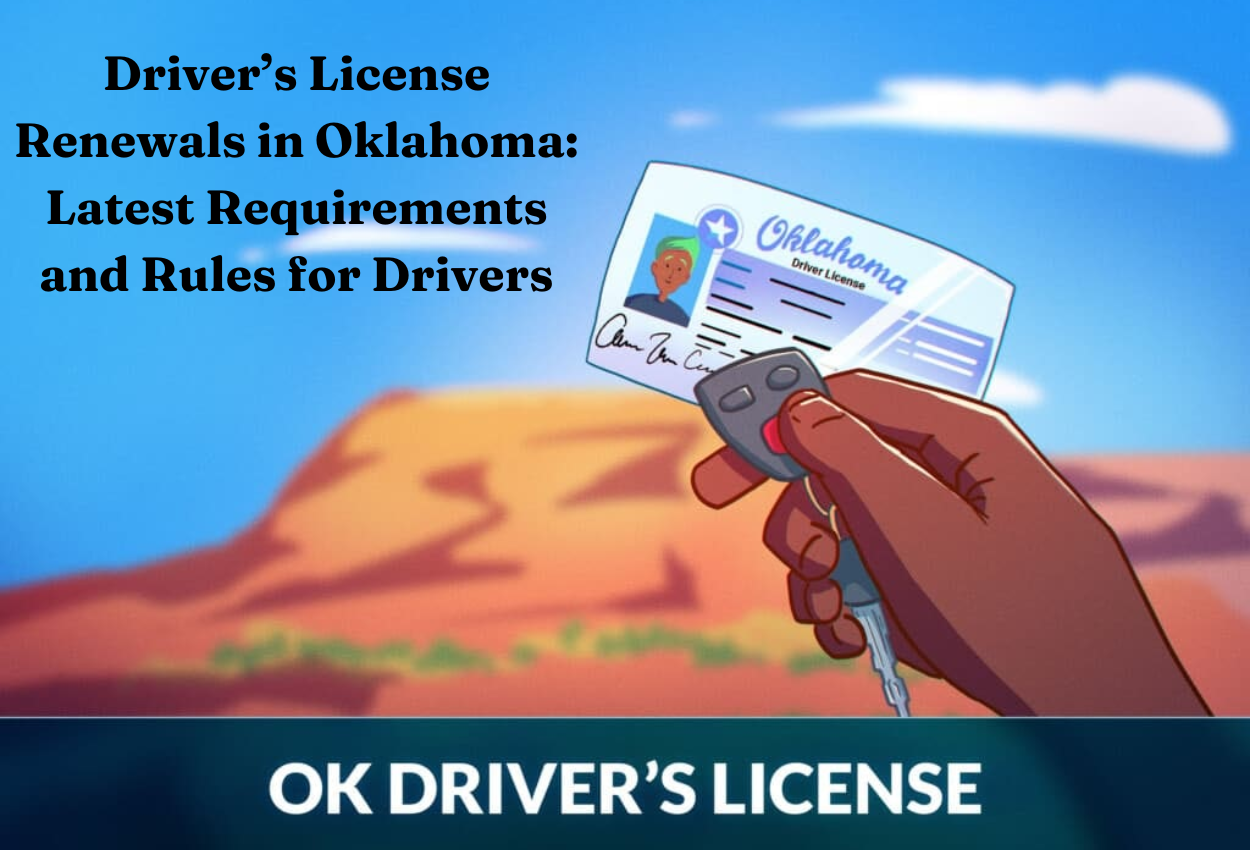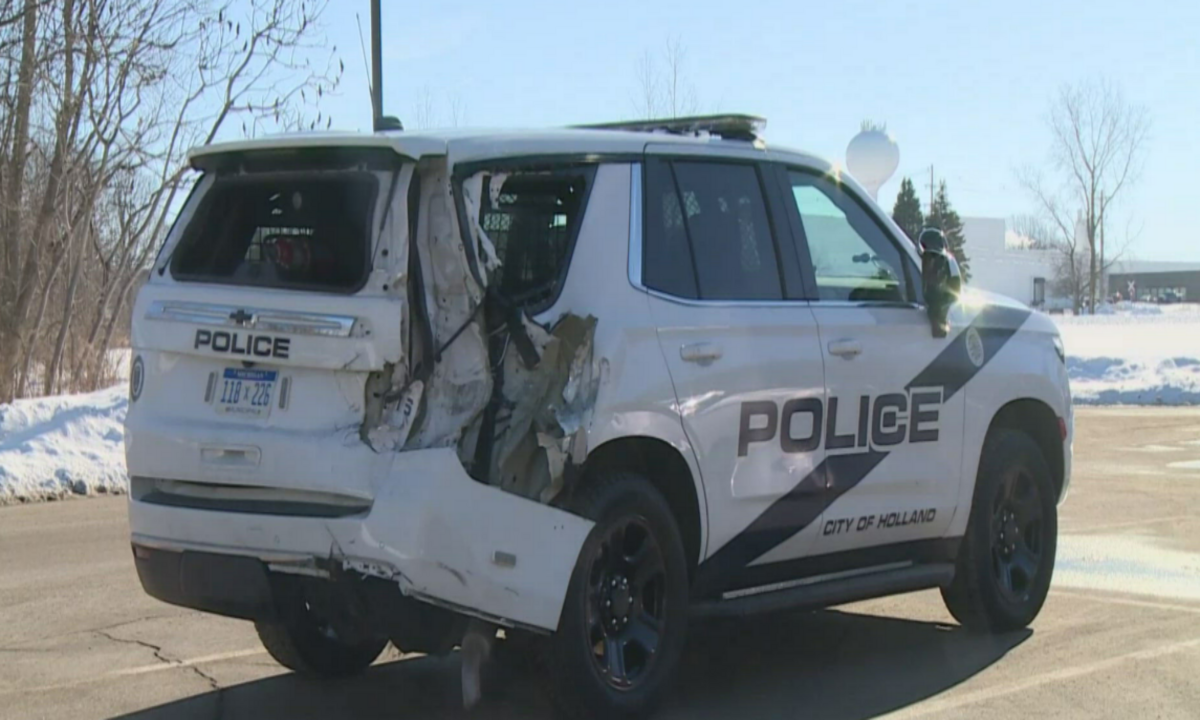TikTok, the widely popular social media platform, is facing a major setback after the Supreme Court rejected a free speech challenge filed by the company. As of January 19th, TikTok will no longer be available in app stores, marking a significant step toward a potential ban that could affect millions of users and creators across the United States.
This decision has left many TikTok creators, including Columbia-based content creator Ken Walker, grappling with the uncertainty of their digital futures.
Creators Face the Fallout
Ken Walker, who focuses on promoting local businesses in South Carolina through his TikTok content, expressed deep concern about the impact of the ban. For him, TikTok has been more than just a platform—it has been a way to connect with his audience on a personal level.
“It’s a surreal moment,” Walker said. “Some of those people aren’t going to go to my other social media sites. They don’t like certain platforms; some are strictly on TikTok. So, I am literally losing a family in a sense.”
Walker also emphasized how TikTok stands out among other platforms, offering a space where creators can truly be themselves without putting on a façade.
“It’s one of the few platforms where you can just be yourself and not pretend like your life’s all together,” he added.

The Supreme Court Ruling
Friday’s Supreme Court decision has sparked mixed reactions. While some creators are devastated, others see the ruling as a step forward in addressing national security concerns. The ruling gives leverage to ongoing negotiations between the U.S. government and TikTok regarding data security and privacy issues.
South Carolina Attorney General Alan Wilson, who filed a lawsuit against TikTok in October, welcomed the court’s decision. Wilson argued that the platform violated consumer protection laws and posed risks to national security.
In a statement, Wilson called the ruling “a tremendous victory for the American people and the protection of our national security. It sends a clear message that safeguarding Americans’ data from the influence of the Chinese Communist Party is not negotiable.”
Concerns Over National Security
The ban is part of a broader effort by the U.S. government to address concerns about TikTok’s ownership by Chinese tech company ByteDance. Lawmakers and officials have raised alarms over the potential misuse of user data and the possibility of foreign influence on American citizens.
While the Supreme Court’s decision upholds the ban, it also leaves room for negotiations. Some experts believe this ruling could strengthen the government’s position in securing a deal that ensures TikTok complies with U.S. privacy and data protection laws.
Hope for Resolution
Despite the uncertainty, some creators remain optimistic that a solution will be reached to save the platform. Many have taken to TikTok to share their hopes and rally support from their followers.
Walker, like many others, remains hopeful for a positive outcome. “I just hope that something can be worked out,” he said. “TikTok has been a lifeline for so many creators, and losing it would be devastating.”
The Road Ahead
As the ban goes into effect, creators and users are being urged to download alternative platforms to stay connected. For many, however, TikTok’s unique community and algorithm cannot be easily replaced.
The Biden administration has yet to announce its next steps regarding the platform, leaving creators like Walker and millions of users in limbo. Whether through a government-approved deal or an outright ban, the future of TikTok in the United States remains uncertain.
Disclaimer—Our team has checked this article to ensure its accuracy and eliminate any misinformation. We are committed to providing clear and reliable information for our readers.




